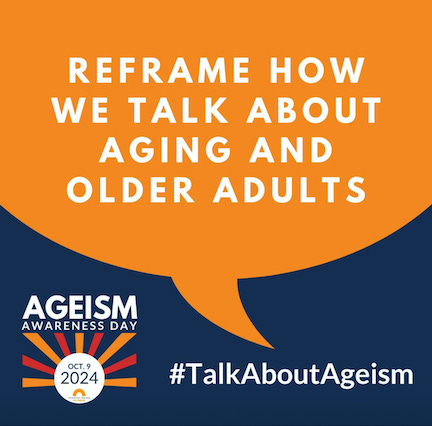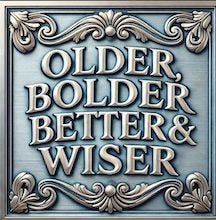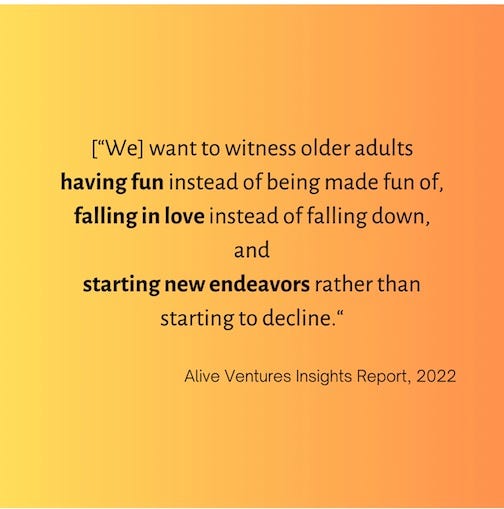Combating ageism is exhausting. The United States population is trending older. Every day 10,000 Americans turn 65. The fastest-growing demographic in the U.S. population (in 2024) is the age group 85 and older.
Yet, commercials and television shows often reinforce negative stereotypes of older adults. In February, USA Today’s article, “Older workers see rampant age discrimination in the office” explains how episodes of ageism at work are subtle.
I saw healthcare ageism in action five years ago when I took my spry 91-year-old aunt to the doctor. The doctor was talking to me as if my aunt wasn’t there until she spoke up and asked the doctor to address her directly. I was proud of her. I was about to say something to him and she very eloquently beat me to it.
Ageist behavior by family members, those closest to us, goes further than hurt feelings and being left out. Several studies show older adults isolated from their closest connections may engage in higher rates of self-directed ageism. Those who perceived themselves as useless had shorter lifespans. Over time it may result in negative self-perceptions that can trigger or worsen depression.
A cousin, about a decade younger, informed me that he’s always appreciated the wisdom and perspective of his elders. When we completed our conversation he sent the image below adding “Wiser” to my Older, Bolder & Better! title. Afterward, I slipped down the ‘wisdom’ rabbit hole.
In Psychology Today, Dr. Alan Castel, Ph.D. offers two reasons people should rely on the wisdom of elders vs. Google. His rationale is older people have practical wisdom that is trustworthy and the Internet has more misinformation. Secondly, “getting information from an older family member facilitates bonding and reduces negative stereotypes about aging,” according to Castel.
“Not all wise people are old, and many older people are not particularly wise.” researcher Judith Gluck, Wisdom and Aging.
While certain cognitive abilities start to decline later in life, vocabulary and crystallized intelligence are at their best from ages 60 to 70. Researchers found, that because the brain is always changing, we’re going to get stronger in some areas of the brain and worse in others—irrespective of age.
Last week a friend asked if I was interested in participating in a local medical research study. It focuses on the impact of exercise and fitness on brain function for older adults 50-90 years old. I attended the assessment meeting the next day because I was excited. Workouts for the research study begin in November, I’ll keep you posted on my progress.
There will continue to be changes to our bodies and minds as we enter our 70s, 80s, 90s, and maybe 100s. We have to engage with people who lift us up and find spaces where we are celebrated, not tolerated. Surround yourself with people who will be your champion!
Older, Bolder & Better! is a reader-supported publication. To receive new posts and support my work, please consider becoming a free or paid subscriber. Thank You.







Another excellent article. I just wish my vocabulary was better in my 60s. The thesaurus is now my best friend.
Great Brenda!!! 😍 particularly zoomed in on the following: "While certain cognitive abilities start to decline later in life, vocabulary and crystallized intelligence are at their best from ages 60 to 70-I better hurry😂
We have to engage with people who lift us up and find spaces where we are celebrated, not tolerated. Surround yourself with people who will be your champion!!!!